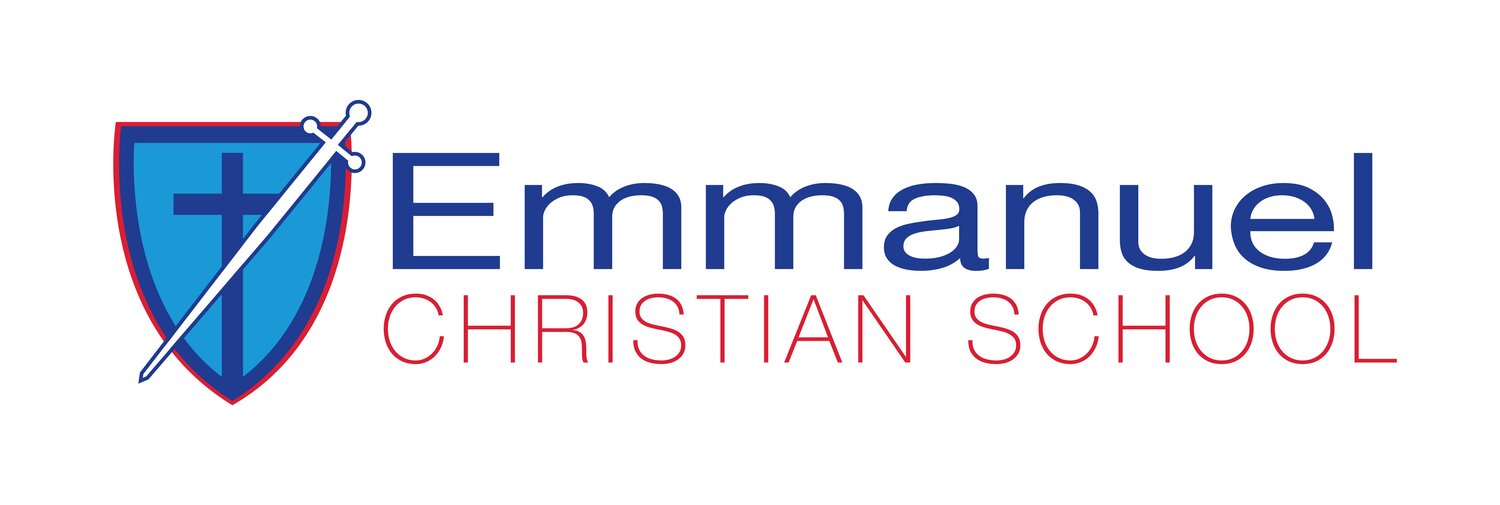When undertaking my postgraduate studies in education, I would have never contemplated how relationships would affect the educational outcomes of the students in my care.
The concept never seemed to be of a greater importance when compared with students meeting curriculum outcomes and yearly achievement standards. There were always so many other objectives to be met when teaching students, however in my first few years as a practising educator, I realised that relationships are pivotal to everything we do in the classroom and without it, our students are going to struggle to learn the fundamental concepts in our teachings.
So why are relationships so important? As discussed in an article from the New South Wales government ‘Teacher-student relations have strong positive correlations with gains in intellectual engagement. Students with positive teacher-student relations have a greater motivation to perform well academically’. It is pretty simple, without positive teacher-student relationships, students are going to struggle to learn in the classroom setting. The article further articulates, that the relationship between students and their educators also affect their relationships with their peers, particularly in the area of peer acceptance.
When I discuss the concept of relationships, I think it is important to note that this does not mean that the teacher and student are always going to see the same picture and agree. Like all relationships, there are going to be disagreements and times when the relationship does not always seem to go smoothly. This can be particularly around behaviour management, when a student might feel that a decision is unfair. This is when the framework of Restorative Justice comes into play. Restorative justice, as described by Monash University, is ‘A framework that educators can use to create safe, supportive spaces in our schools. All members of the school learn to bravely engage in that community, and learn from honest – and sometimes difficult – conversations.’ The article continues with the discussion, elaborating about how the framework allows for students and teachers to build and nurture meaningful and just relationships.
Teaching through relationships is one of the key concepts that allows students to achieve their best and to learn in the best culture possible. While maintaining this relationship between teachers and students, teaching through relationships ‘Recognises the human stories of the learners themselves (they are not blank slates), as well as that of the teacher. It is an approach that embraces our complex identities, biographies, and the stories we bring that serve to humanise the subjects we teach.’ Teaching through relationships is something that is highly valued amongst the educators at Emmanuel Christian School. We see every child as a unique individual, created and called to a purpose.
Fostering relationships are not only important in the school setting, but also at home. Positive relationships between parents and child are important for all areas of children’s development. You can foster this by building trust and by spending quality time together at home. It doesn’t have to be for hours at a time, it can be simple conversations and spending time together face to face away from technology. Over time, you will see the beautiful relationship that continues to grow as your child grows and matures into adulthood.
Laura Ferguson — Head of Teaching and Learning Primary

